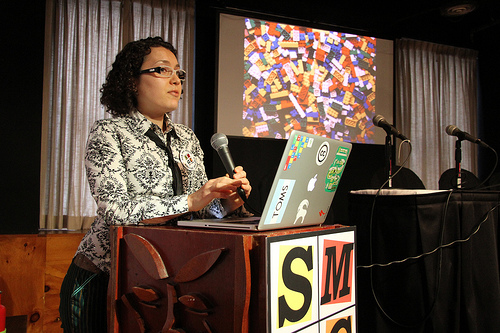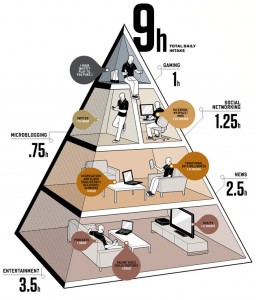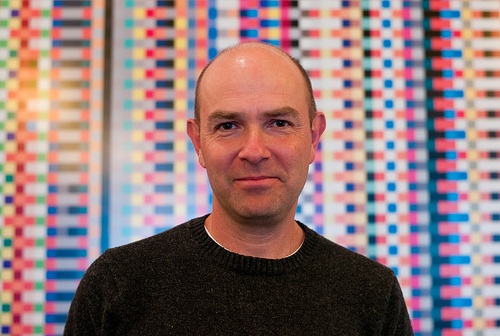Content Marketing
Media Diets: Decoded – Helpful Tricks To Steal From Industry Leaders
How do other people deal with the torrent of information that pours down on us all? Do they have some secret?
This is the burning question behind The Atlantic’s Media Diets — first person looks into the content consumption of writers, media industry veterans, and thought leaders of note.
Some are straight-edged New York Times addicts, while others rely on an intricate network of twitter lists, RSS feeds and influencers. But for anyone who works in media today, these omnivorous strategies can provide some amazingly valuable shortcuts to manipulating the internet to your advantage.
We took a deeper look at three from over the years to use for inspiration. Each person is known for their internet innovation — and each offers up some valuable tips to share.
Maria Popova
“I use Twitter as a newsfeed — I follow very few people, only linkers — people who share links to interesting content in the majority of their tweets. It’s a content discovery tool for me, not a conversational one.”

Popova Speaking At A Conference, Image Via Panman Productions
Popova, a self-described “interestingness curator and semi-secret geek,” has built a muliti-platform destination for idea-centric books, videos, and other free-roaming gems of internet culture. Her social media power trio of her website Brainpickings, twitter handle Brainpicker, and Tumblr Curiosity Counts are known for their rapid-fire creativity, so her media diet is undoubtedly one worth stealing ideas from.
Her interview is borderline insane — “I used to tweet every 10 minutes, until I was talked into cutting back,” she claims — but she makes a good point. By using social media tools as a discovery mechanism, you can get a sense of what’s important, rather than just what’s happening. Then, be sure to tailor your content so that it responds to these sentiments.
Chris Anderson
“I made a conscious decision to shield myself from the conventional notion of what people should be consuming on a daily basis. It wouldn’t allow me to focus on the things I do want to focus on — more long-wave things. Once I identify a long-wave trend, then my appetite is infinite.”
As the editor-in-chief of Wired, Anderson is a true pioneer in understanding how technology affects culture, the economy, and politics. His risky editorial style at the magazine — where terms like “crowdsourcing” and “the long tail” were born — and exploratory writing in his books (like his latest, Free: The Future of a Radical Price) might make you wonder — what is this guy thinking about all day long?
His interview is more cautious than one might imagine. “As a monthly magazine editor, I’m professionally almost obligated not to be distracted by the daily news” he explains, which is where we should take note. The goal here is to trust your gut when you notice patterns, and don’t be afraid to follow through with them. Yes, you might be wrong — but as long as you aren’t offensive you might stimulate more interaction and conversation, like Wired does.
Clay Shirky
“Lots of people asked me “Would you like to write something about the iPad?” and I say “send me one.” I’m not going to open my mouth about hardware I’ve never held in my hands.”
Shirky Speaking at PopTech, Image via PopTech
When Shirky isn’t teaching (he’s a Professor of New Media at New York University), he’s just doing some of the highest theoretical thinking related to internet media today. His projects range from writing socially insightful books to consulting major entities such as the U.S. Library of Congress and Nokia, and even has had a concept named after him; “The Shirky Principle.”
As an academic, it’s understandable that Shirky’s diet is going to be less branding and journalism, and more intellectually based content. But his comment above is one anyone across industries should remember — don’t jump the gun to cover something if you don’t understand it inherently. This doesn’t mean don’t react to new research or products, per se, but more importantly stay true so that your reader can trust you.
Related articles
- Fred Wilson and Kevin Rose: The Battle of Audience Building Strategies (contently.com)
- How TED Uses Content To Spread Incredible Ideas (contently.com)
- 7 Social Media Myths Debunked By Dan Zarella (contently.com)
- Three Excellent Blog Makeovers to Learn From (contently.com)
Get better at your job right now.
Read our monthly newsletter to master content marketing. It’s made for marketers, creators, and everyone in between.






